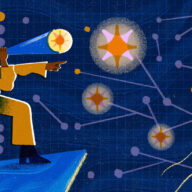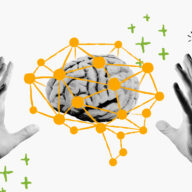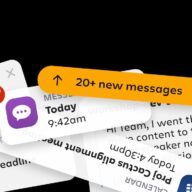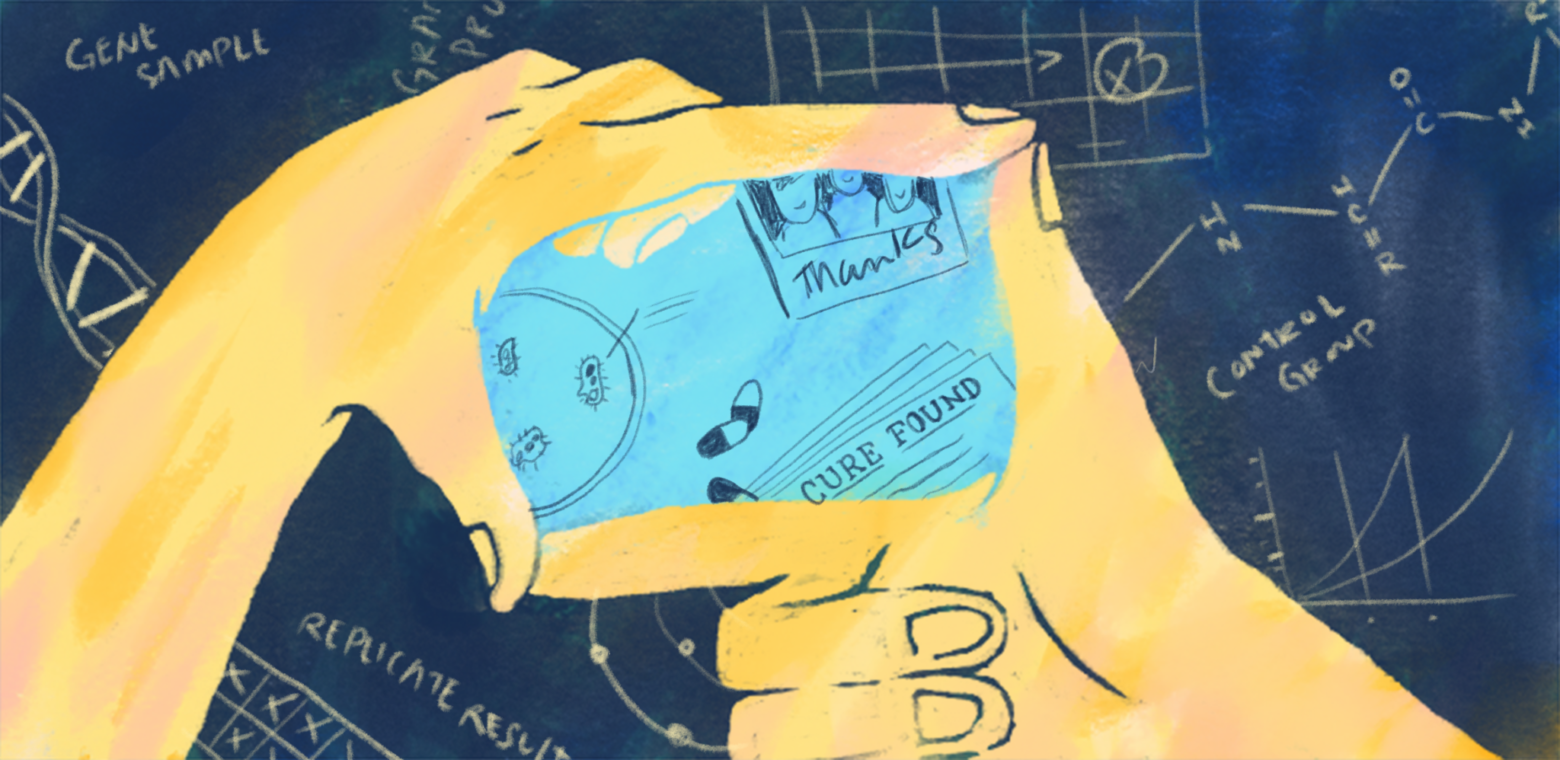I came across an Annie Dillard quote a few years back that shook me to my core. She writes:
How we spend our days is, of course, how we spend our lives.
Yikes.
If I look at the shape of my life, it’s not too shabby. I’ve traveled, started my own company, been a good daughter and wife, inspired people through my work, and tackled some big fears.
A good journey so far.
But, if I look at the shape of my days – that’s an entirely different story. I go from meeting to airport to conference call to email to meeting. I’m a victim of time. Sound familiar to you?
How have our days become a Tetris tournament of cramming as many activities as humanly possible into a finite amount of time? To what end?
For the love of productivity, we might say.
As a tech leadership trainer, I’ve worked with countless people who struggle with this battle between living a meaningful life and having meaningless days. A question I always ask my clients:
Fast forward towards the end of your life. You’re sitting on a rocking chair and reflecting back on the journey. You use just a few adjectives to describe the ride. Would “productive” be a good enough descriptor?
Undoubtedly, most people cringe and say “no.” So, why this endless pursuit for productivity?
I believe it’s how we’re wired and it’s likely not going to change. We want to do good and do more, to live fully and self-actualize. Since we’re not going to change the game, let’s change how we show up to it. In other words, rather than engage with the siren of productivity from a “doing more” perspective, what if we tried a “being more” approach while in the same state of doing?
My recommendation for transforming your relationship with productivity is simple: Add more meaning to the productivity. (BONUS! – It doesn’t need to take a single extra minute.)
Here are 3 practices that I have found transformative for my clients. I’m not talking an incremental shift in productivity with a new app or calendar function or meeting block technique. I’m talking about a quantum leap in personal and professional productivity. Meaning amplifies productivity. Meaning gives productivity purpose. Meaning transforms the experience of productivity. Pick your favorite and get started:
1. Set an intention
How we enter a task is often how we exit the task. For example, if you continuously dread your weekly team meeting because of conflict with a specific co-worker, you are likely coming out of that meeting with confirmation that you can’t stand the meeting (or the co-worker). What if, instead, you decided to show up as “open”, for example – a shift from dread to openness unlocks your mindset from fixed to growth and your energy from depleted to expansive. Same meeting, same amount of time, completely different state of being. The intention to be different in the same span of doing allows for productivity to have richer meaning – perhaps a chance to self-express, an opportunity to mend a broken relationship, a personal roadblock to overcome.
2. Choose the intensity
One of the biggest mistakes I see clients make is expending the same quality of energy on every task. This is a productivity killer. You can’t possibly put the same passion into developing a new strategy as you do to clearing through non-urgent emails. Yet we do this all the time and it is a recipe for feeling and staying drained. Some activities in our productive day require a 10 out of 10 on the energy scale. Show up fully engaged, collaborative, strategic, etc. Other activities would be much better suited for a 4 out of 10 on the energy scale, for example. Show up calm, output-oriented, content. Choosing your mode of intensity takes no extra time and allows you to be very intentional about the inputs and outputs of your day, allowing for a more meaningful expression of your talents and strengths when the time really matters.
3. Say thank you
One of my favorite coaching fun-facts is that the brain can’t be in fear and gratitude at the same time. It just doesn’t hold both of those energies. Gratitude is a great neutralizer of energy and fueler of productivity. Appreciation for a colleague or a new skill or the completion of a product transforms the ordinary into something more special and meaningful. Don’t be cheap with your gratitude – rather than saying “I appreciate what I learned in this project,” amplify it by adding the word “because.”
I appreciate what I learned in this project because it showed me that I can take full ownership of my workstream from start to finish.
“Because” adds richness and meaning. It allows every meeting and email and day to serve a greater purpose, beyond productivity for the sake of productivity.
The choice is yours. I urge you to amplify your productivity by creating a new relationship with it. By being more during productivity, rather than doing more. While productivity may be the output of your days, it’s the meaning behind productivity that gives us the depth of our lives.
***
Valia Glytsis is CEO and Founder of The Paradox of Leadership, a boutique leadership education firm that believes in driving transformational, bottom-line results through a fierce commitment to the human side of business. Learn more: theparadoxofleadership.com










































